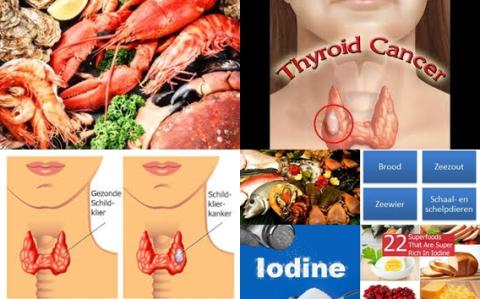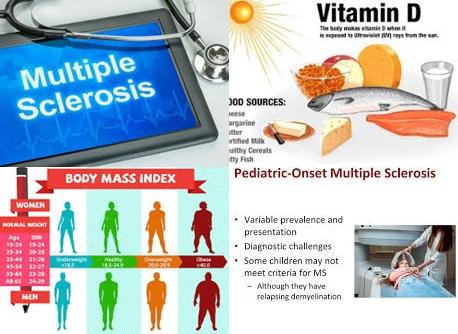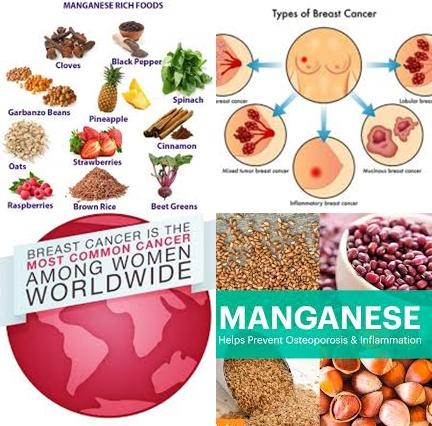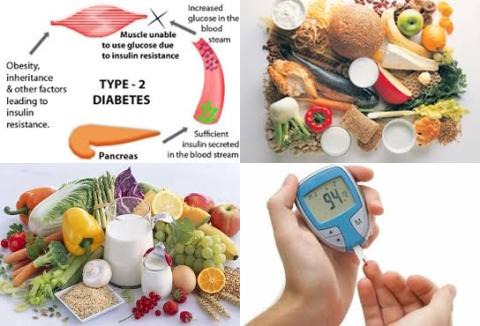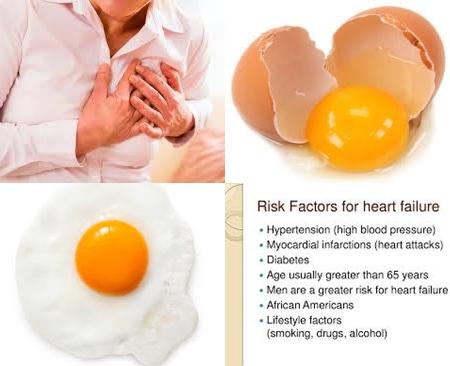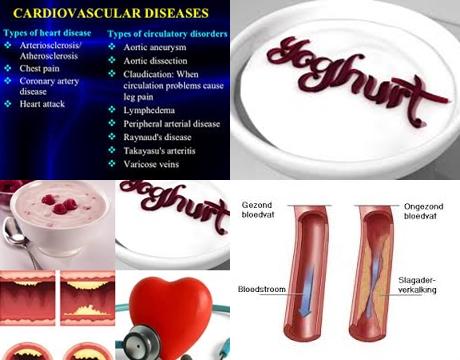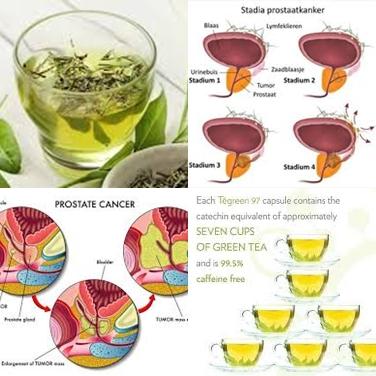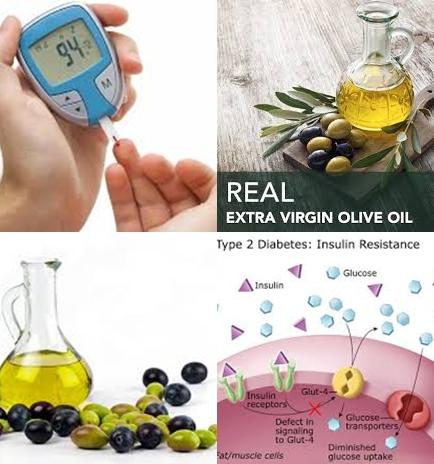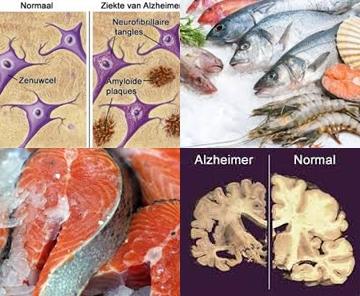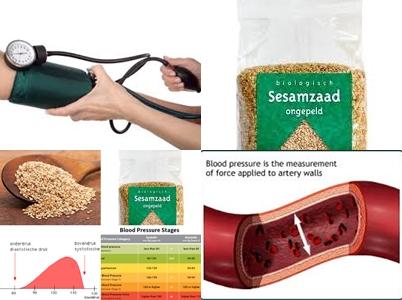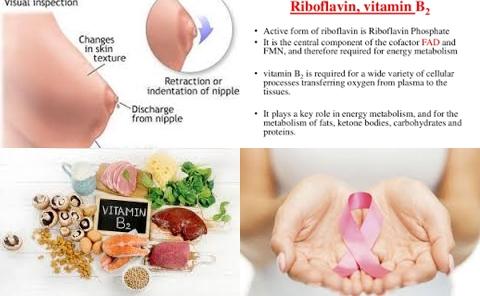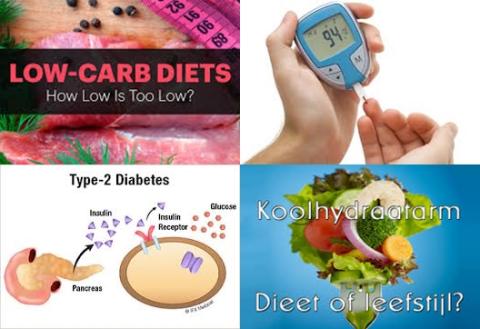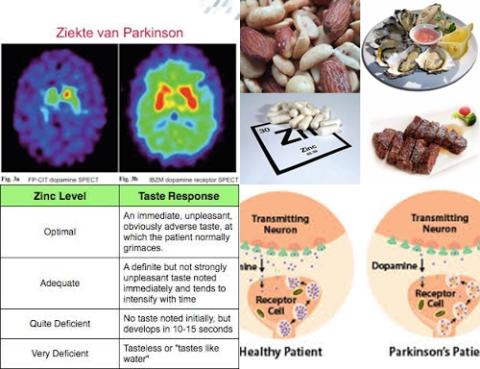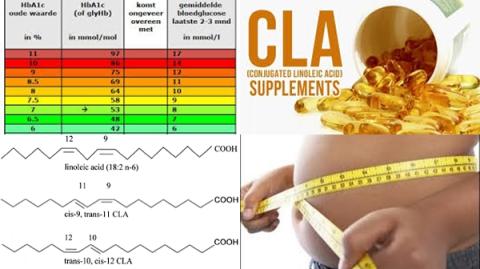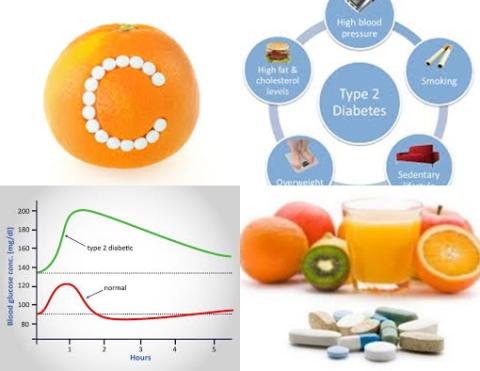Fish consumption during pregnancy is not associated with risk of asthma and other allergy-related diseases from infancy to mid childhood
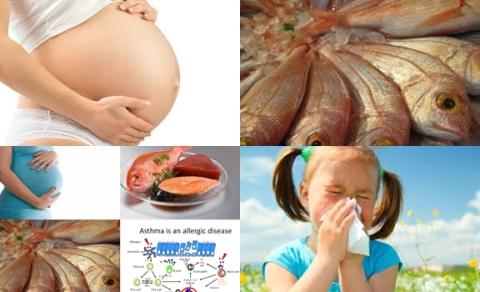
Objectives:
It has been suggested that prenatal exposure to n-3 long-chain fatty acids protects against asthma and other allergy-related diseases later in childhood. The extent to which fish intake in pregnancy protects against child asthma and rhinitis symptoms remains unclear. Therefore, this review article (meta-analysis) has been conducted.
Does fish consumption during pregnancy reduce risk of asthma and other allergy-related diseases later in childhood?
Study design:
This review article included data from 60,774 mother-child pairs participating in 18 European and US birth cohort studies.
Information on wheeze, asthma and allergic rhinitis prevalence was collected using validated questionnaires.
The time periods of interest were: infancy (0-2 years), preschool age (3-4 years) and school age (5-8 years).
The median fish consumption during pregnancy ranged from 0.44 times/week in The Netherlands to 4.46 times/week in Spain.
Results and conclusions:
The investigators found maternal fish intake during pregnancy was not associated with offspring wheeze symptoms in any age group nor with the risk of child asthma [adjusted meta-analysis relative risk per 1-time/week = 1.01, 95% CI = 0.97-1.05] and allergic rhinitis at school age [RR = 1.01, 95% CI = 0.99-1.03].
These results were consistently found in further analyses by type of fish and seafood consumption and in sensitivity analyses.
The investigators concluded maternal fish intake during pregnancy is not associated with offspring wheeze symptoms in any age group (0-2 years, 3-4 years and 5-8 years) or with the risk of child asthma and allergic rhinitis at school age (5-8 years).
Original title:
Fish and seafood consumption during pregnancy and the risk of asthma and allergic rhinitis in childhood: a pooled analysis of 18 European and US birth cohorts by Stratakis N, Roumeliotaki T, […], Chatzi L.
Link:
https://www.ncbi.nlm.nih.gov/pubmed/28338907
Additional information of El Mondo:
Find more information/studies on fish consumption, pregnancy and review article/significant/95% CI right here.
